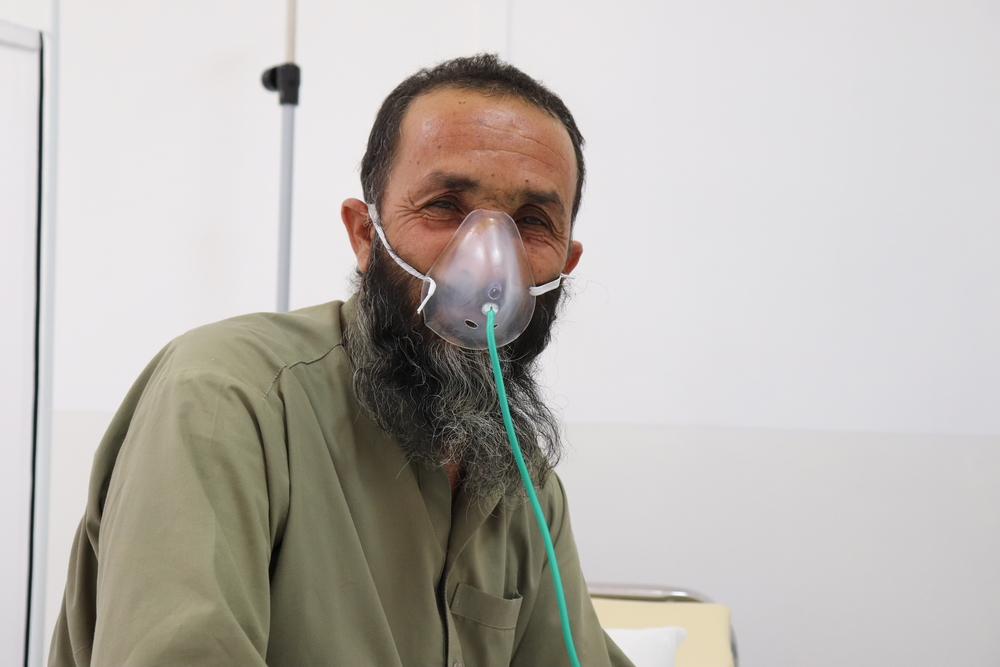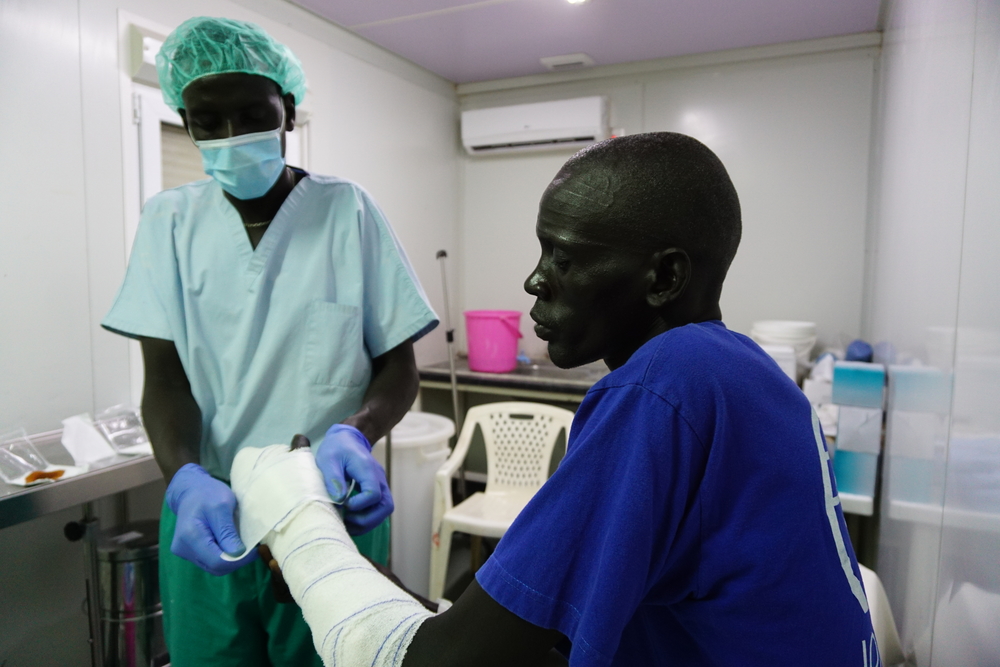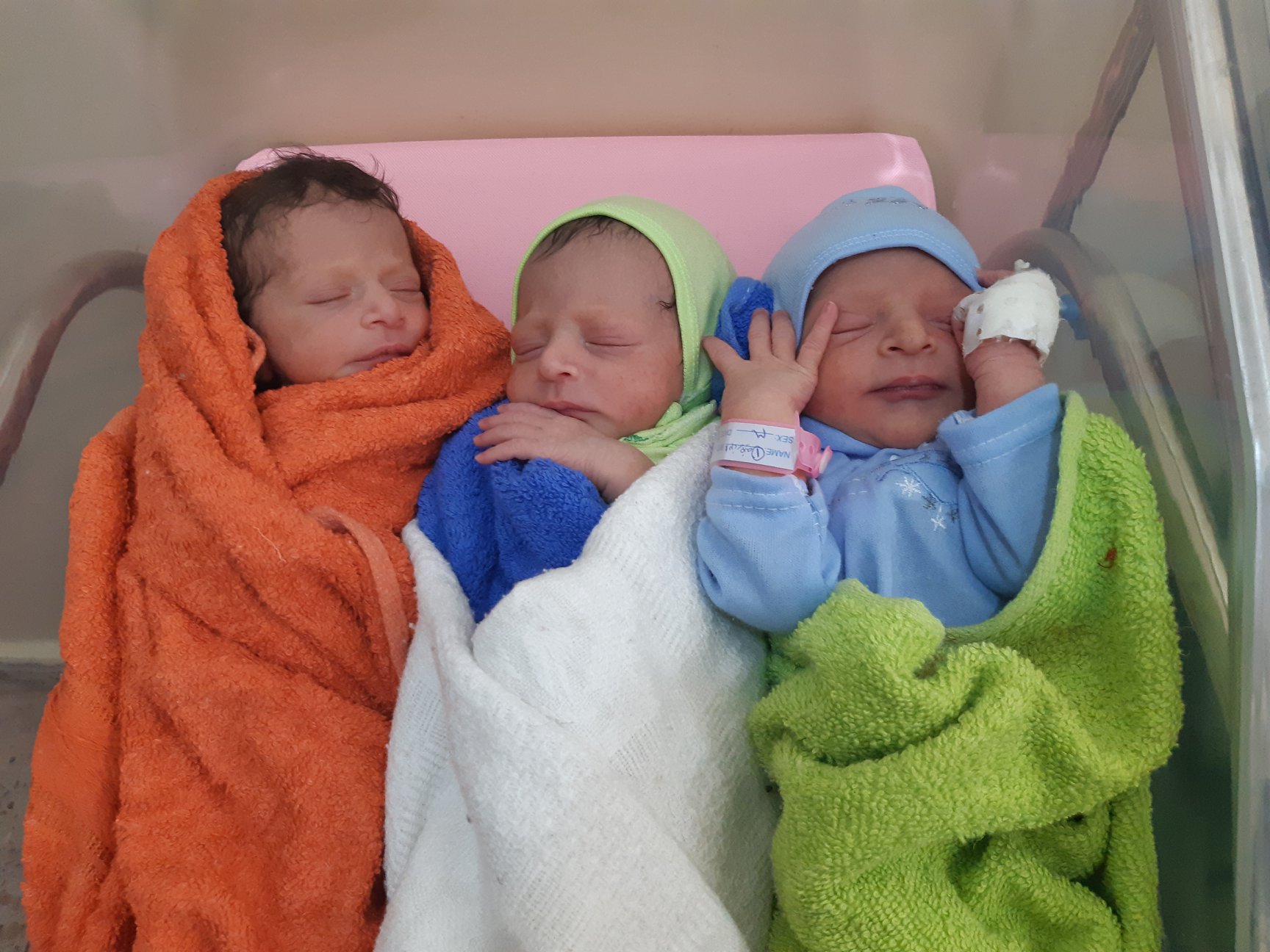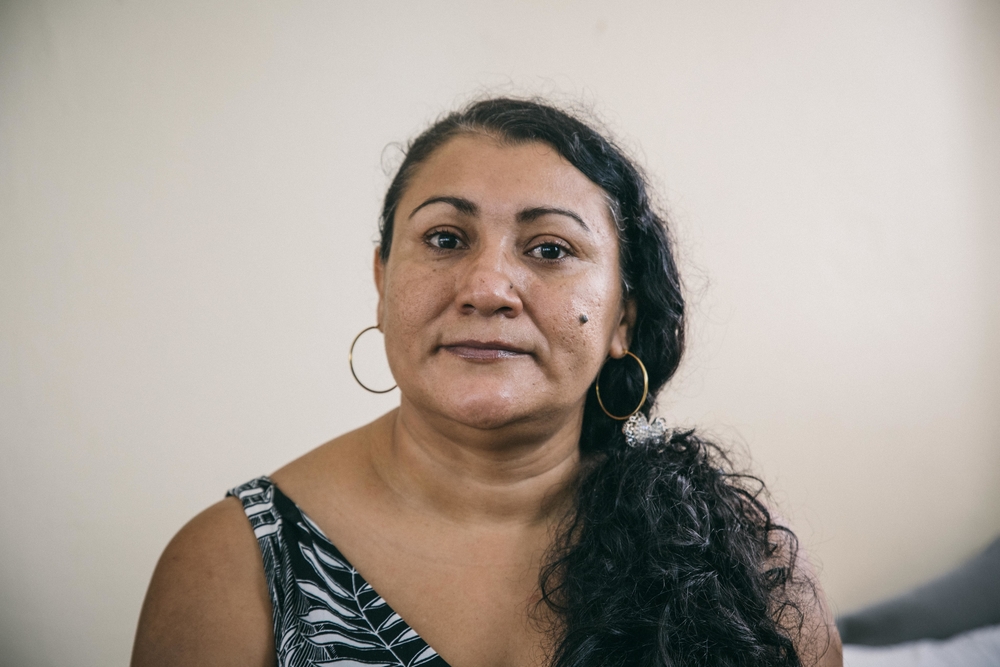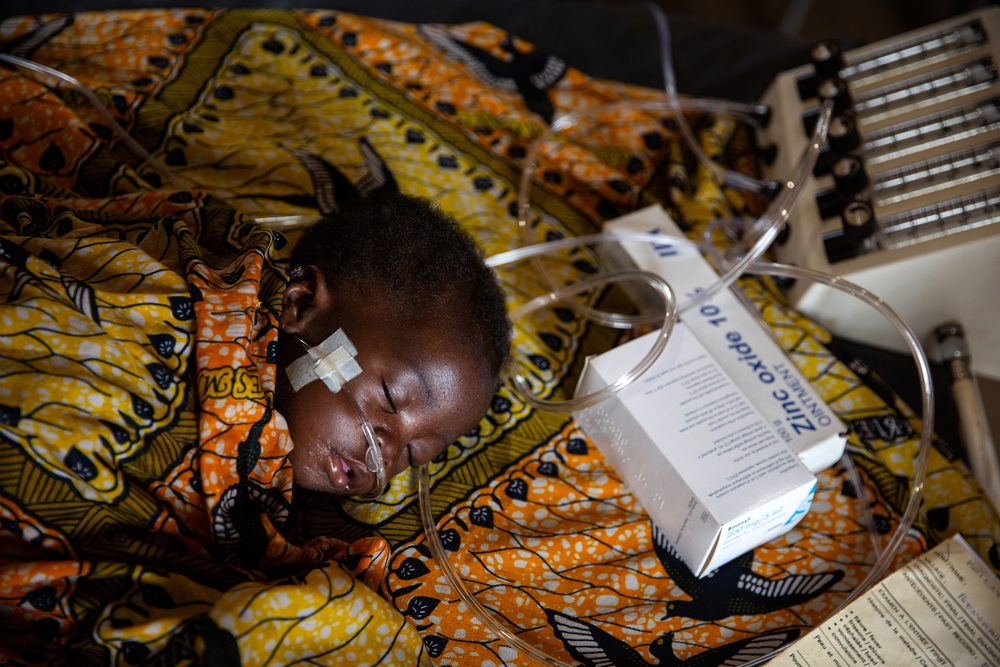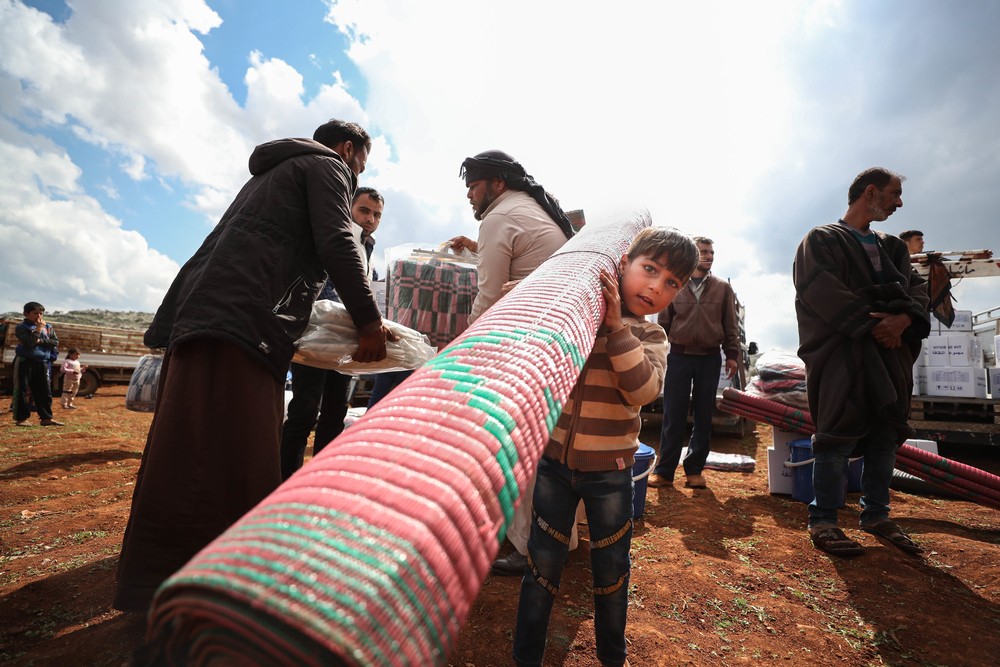Mohammed: COVID-19 response in Afghanistan
Like many of those in Afghanistan, Mohammed was initially sceptical about the existence of COVID-19. When he first discovered symptoms he tried traditional medicine, but as his condition deteriorated, he made the journey to the hospital. He describes how he tried to prepare for the virus: “I spent a huge amount of money on nutritious food for my wife and children so they could build themselves up ahead of the virus, in case they are infected, too.”
MSF is supporting the Ministry of Health and regional health authorities in their COVID-19 response in several locations around Afghanistan. Our main concern is inadequate access to healthcare due to the instability in Afghanistan, as well as the rapid spread of COVID-19 and spread of misinformation.
Despite deadly attacks on our staff and hospitals, we've been working in Afghanistan since 1980, providing emergency surgical care, responding to conflict and natural disasters, and treating people cut off from healthcare. Read Mohammed’s full story

